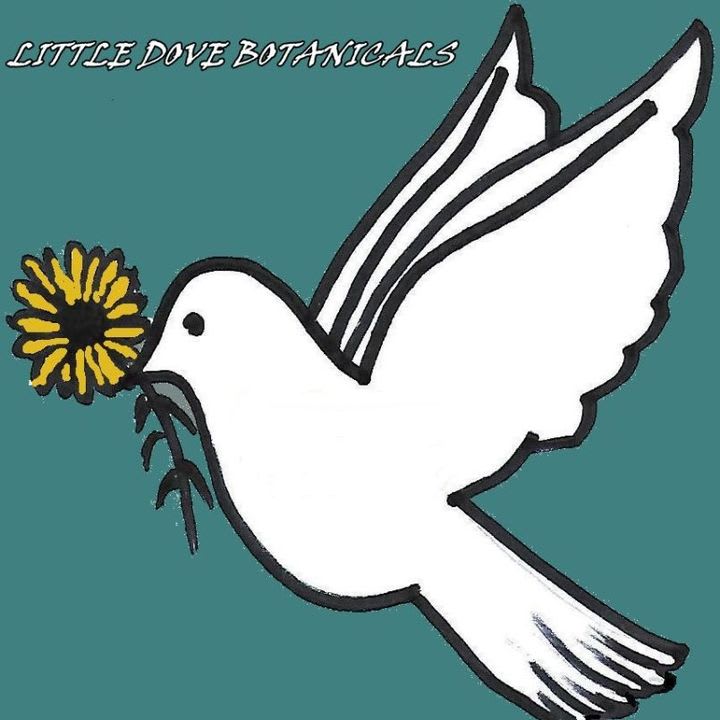Herbs & Herbal Medicine

Posted on August 8th, 2022
What is herbal medicine?
Herbal medicine involves using natural and biologically based practices, interventions, and products to treat various physical or emotional conditions. The World Health Organization estimates that 80% of the world’s population, or about 4 billion people, currently use herbal medicine for some of their health care. Thirty percent of the US population uses herbal remedies each year. In the past 10 years, the use of high dose vitamins has grown over 130% and the use of herbal supplements has grown over 380%.
What are the benefits?
Many herbal preparations may have benefits. Others may have no obvious or proven benefit, and some, in fact, can be harmful. For most of the over-the-counter herbs you can buy, there is probably little risk of having a bad reaction if you follow the directions. For example, you might drink a cup of peppermint tea to settle your stomach. At worst, it can help your upset stomach; at best, it can taste nice, warm you up, and not have any negative side effects! As another example, certain echinacea extracts are accepted in some countries for the treatment of colds and cold symptoms. While the vast majority of herbs do not have any significant side effects, however, caution should be used if you are considering adding herbal supplements in your life.
What are the risks?
Anything that can improve health or do the body good also has the potential to do harm. Just because something is 'natural' doesn't mean it's better for you. It doesn’t mean that it's always safe. The US Food and Drug Administration (FDA), which regulates and insures the safety of prescription medicines, does not test herbs. It does not study their safety, benefits, or the effects of their short- and long-term use. In addition, there are no regulations or standards for preparing or packaging of herbal medicines, so their dosages and strengths may not be consistent. Just because one brand of St. John's Wort seems to have an effect for you does not mean the next bottle will have the same effect.
There can be problems and unwanted reactions when herbal medications and high dose vitamins are combined with prescription medicines – something that 20% of the US population does! The majority of these people rarely bother to tell their health care providers that they use supplements. Always let your doctor and other health care providers know what herbs you are taking, especially if they are going to be prescribing a new drug for you.
You are especially likely to have a bad reaction or a dangerous complication if you combine herbal supplements with these prescription medications, so be careful:
- Heart medications (especially Digitalis)
- Asthma medications (especially Theophylline)
- Blood thinners and anticoagulants (especially Coumadin)
- Seizure medications
- Antidepressants (especially MAOI)
- Blood pressure medications
- Immunosuppressants
- Antibiotics
It's hard to know what all these drugs are, and because of all the various names, it's difficult to always know if you're taking one. Be sure to talk about this with your health care providers.
Certain herbs can also complicate existing conditions or problems, such as inflammation, allergies, pregnancy, or nursing. Some herbs – St. John's Wort for example – can make you more sensitive to the sun. In other words, with herbal preparations as well as for prescription medications, you need to be aware of possible adverse reactions. More importantly, some herbs on the market are found to be not recommended for human consumption. And as always, be safe and tell your prescribing physicians and other health care providers about all the herbal and vitamin supplements you are taking.
Because the herbal industry is growing rapidly, there may be many irresponsible manufacturers looking to make a quick buck. Check with a qualified herbal practitioner to find out quality ratings for a manufacturer before you buy a product.
What to look for on the bottle?
Because herbal supplements are not monitored or regulated by the FDA, it's up to you to figure out what is in the bottle. Amounts of active ingredients can vary from one manufacturer to the next, and even from one batch to the next. In one recent study of Chinese herbal supplements, 25% contained other contaminating substances such as pesticides. Sometimes substances are added, but not mentioned on the label. In that same study, researchers found that cortisone, a powerful anti-inflammatory steroid, had been added to increase the effect of the herb. To lessen your risk of getting a poor quality herbal supplement, only buy from responsible companies that use high safety and quality control measures.
Original Post
Get In Touch
Contact Form
Send a message with any questions or doubts about our herbal products and services.
